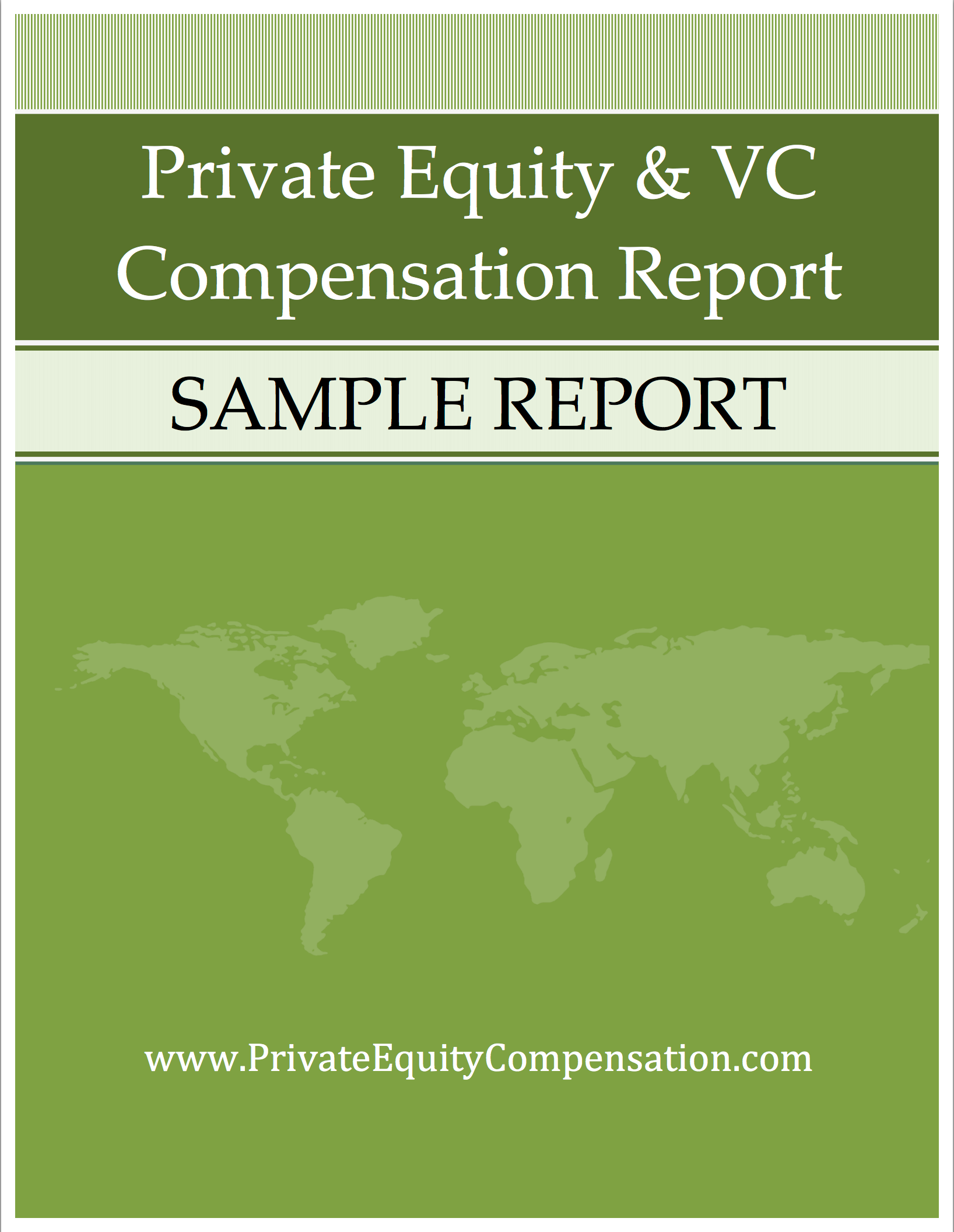Last year was certainly a lucrative one for those employed in both the private equity and venture capital industry, where we saw a substantial increase in optimism surrounding compensation in 2012. In fact, 62 percent of those employed in the industry were predicting higher total compensation for 2012 compared to their 2011 earnings. This is a large jump from the level of optimism we saw in the previous survey, where only 46 percent of individuals were expecting an increase in their compensation. In fact, it was such a lucrative year for professionals in the industry that nearly 50 percent saw an increase in their pay of more than 10 percent.
While much of the financial industry is facing consolidation, layoffs and compensation freezes, the private equity and venture capital industries have remained fairly resilient over the past several years. We’ve even seen increased hiring intentions from the majority of firms we surveyed. As competition heats up for talented and experienced professionals, compensation within this industry should continue to climb.
In a study conducted in early 2012, EisnerAmper found that 37 percent of private equity firms were looking to hire, while only 7 percent were looking to slash staffing levels. This contrasts dramatically with investment banking, where the vast majority of large firms are reducing their headcount. Some of the increase in private equity and venture capital hiring comes from increased regulatory compliance, something that these firms certainly did not have to focus on as extensively in prior years. Our numbers show even stronger hiring intentions as last year came to a close, indicative of a strong 2013 ahead.
When this year does open with some promise, we may not see as dramatic an increase in compensation in these industries as we would be expecting. While there may be many openings, there is also a large candidate pool as many professionals from investment banking or other depressed financial sectors look for new opportunities. While highly experienced private equity professionals will certainly see financial rewards due to the expansion of the industry, those will less experience will be competing against refugees from the investment banking industry. This may weigh slightly on compensation, but likely only for lesser experienced professionals.
As 2013 shapes up to be another positive year for the private equity industry, we can expect to see the positive trend continue in the coming months. More professionals will be expecting compensation increases as competition heats up for their valuable skill sets. As long as the private equity and venture capital industries can maintain their value proposition to individual and institutional investors in this time of low yields and high volatility, the employment picture should remain bright.

